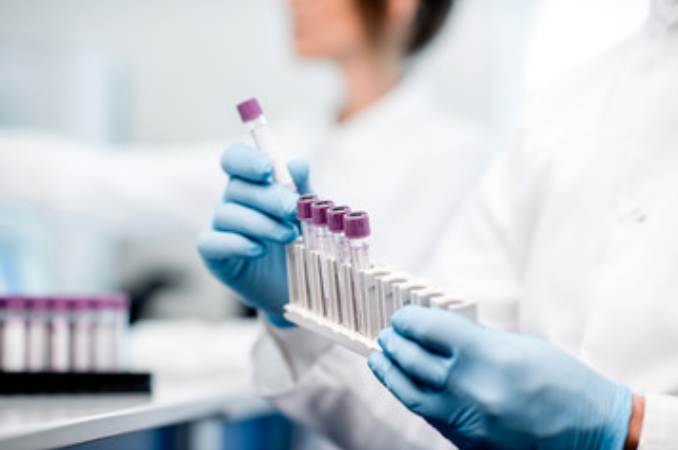|
In the fourth grade, I once received a C on my report card in spelling. This was confusing because I was a linguaphile. As far back in that year as I could remember, I had received only perfect scores on each test. So I went to the teacher. She showed me her gridded notebook, where she fastidiously recorded everything with great precision, pointed to my C, assured me that no mistake occurred, and closed the book. I asked her to open it up again. She did. We looked more closely and found that the lines were so tiny that at the very end of the ledger she had accidentally switched my tabulation with a student whose last name landed them right beneath me in the notebook. The human eye, after all, can jump around when figures are right next to each other. The teacher apologized, corrected the mistake, and life went on.
I wonder if the mistake hadn’t been so obvious and egregious if I or she would’ve ever known. What if I had a bunch of different test scores, some Bs, some Cs, and so on? If I hadn’t been so confident in my perfect scores, if I hadn’t been insistent, if she hadn’t been willing to question herself, what would have happened? And she was quite organized and rigorous. And this was such a straightforward process. I wonder if/how she handled the other student thereafter. Any test for which your blood is pulled is variant. That is, the same person will have different values the same day. The same lab, when conducting two tests, will have different values with the exact same sample. That’s to say nothing of insufficient draws, contamination of samples, or patient mix-ups, all of which do happen. The result is stacked against “normative” outcomes, a statistical term, which itself begs various questions about objective value and analysis. One lab value every 6-18 months is not really how data collection works. You need more data to determine trends. The fact of the matter is that there is currently a reproducibility crisis in science, where the MAJORITY of published outcomes cannot be reproduced by anyone. Some tests are incredibly reproducible (ie - tests for lead concentrations in blood are over 90% reproducible) while others never were (ie - cell size IgG tests). Before you pat yourself on the back or dread the meaning of a “bad” value, remind yourself that this is just data. I’ve done a cholesterol panel three times in the same day with three substantially different results. And of course this is what should be. The body is in different states at different times.
0 Comments
Your comment will be posted after it is approved.
Leave a Reply. |
Elev8 Wellness
|
LIVE. AWESOME.We offer the highest quality in personal fitness, nutrition, and mindset coaching, helping you achieve your fitness, health, wellness and performance goals no matter the obstacle. With virtual online training and private, in-studio training we make it easier to reach your wellness goals safely.
No more can't. No more not good enough. If you compete in a sport, let your mind no longer hold you back from being the greatest. If you don't, let your mind no longer hold you back from being the best version of you that you can be. Sign-up for a Tour Covid Screen Waiver Elev8 Waiver Become an Elev8 Instructor Space Rental |
6244 lyndale ave. s., minneapolis, mn 55423
|
© 2021 Elev8 Wellness LLC. All Rights Reserved. site map | contribute | SITE BY Sproute Creative


 RSS Feed
RSS Feed
